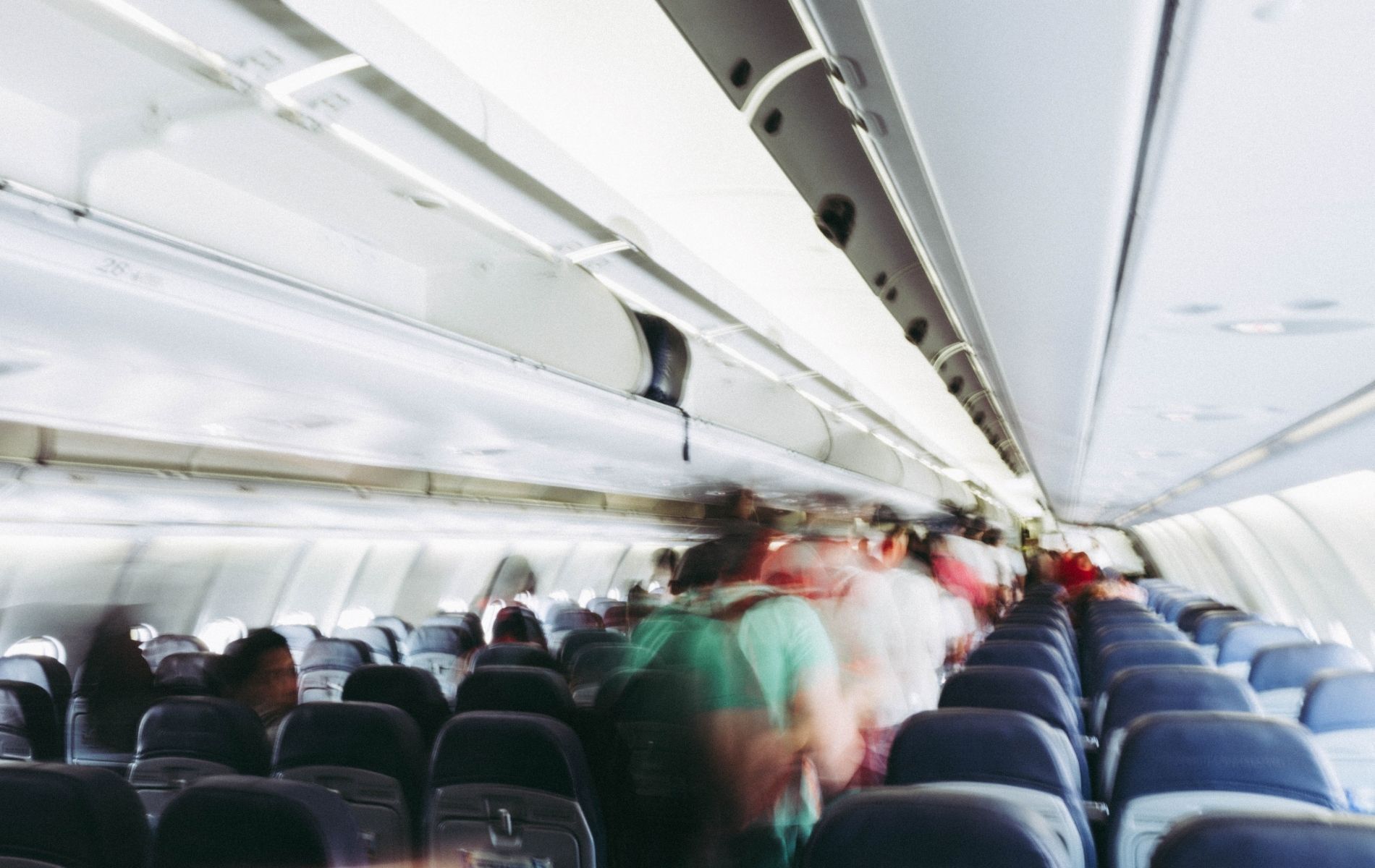Australia, Brunei, China, New Zealand and Vietnam are possible partners for this special travel arrangement
Initially set for November 22, the Singapore-Hong Kong Air Travel Bubble (ATB) would have been the world’s first bilateral travel arrangement that abolished the need for quarantine. However, as Covid-19 numbers in Hong Kong spiked to 43 cases less than 24 hours before its launch, the arrangement was postponed for two weeks, and later, indefinitely to an unspecified date beyond 2020.
According to the Hong Kong government, the decision was taken “in view of the severity of the epidemic situation in Hong Kong with the number of local cases of unknown sources increasing rapidly.”
See also: Travelling In The New Normal: Highlights From DOT's Recent Visit To Baguio City

Hong Kong has since reimposed social distancing measures at some of their strictest levels, with public gatherings reduced to a maximum of two people from four, and non-essential workers asked to work from home. On Sunday, 95 new Covid-19 cases were confirmed in the city.
“I think it is the correct thing to do because you can see right now the cases are at this level—they are not spiking very high, which we are happy to see, but at the same time it's maintaining at a certain level,” Singapore's transport minister Ong Ye Kung told The Straits Times.
“Looking at it between my counterpart and I, we decided there's no point in trying to give any hope that it can be commenced in the middle of the month.”
But hope to revive Singapore as a travel hub is not lost as the nation continues to seek new regions to establish these ATBs. These regions are likely to be countries that Singapore has unilaterally opened its borders to, as Ong shares.
